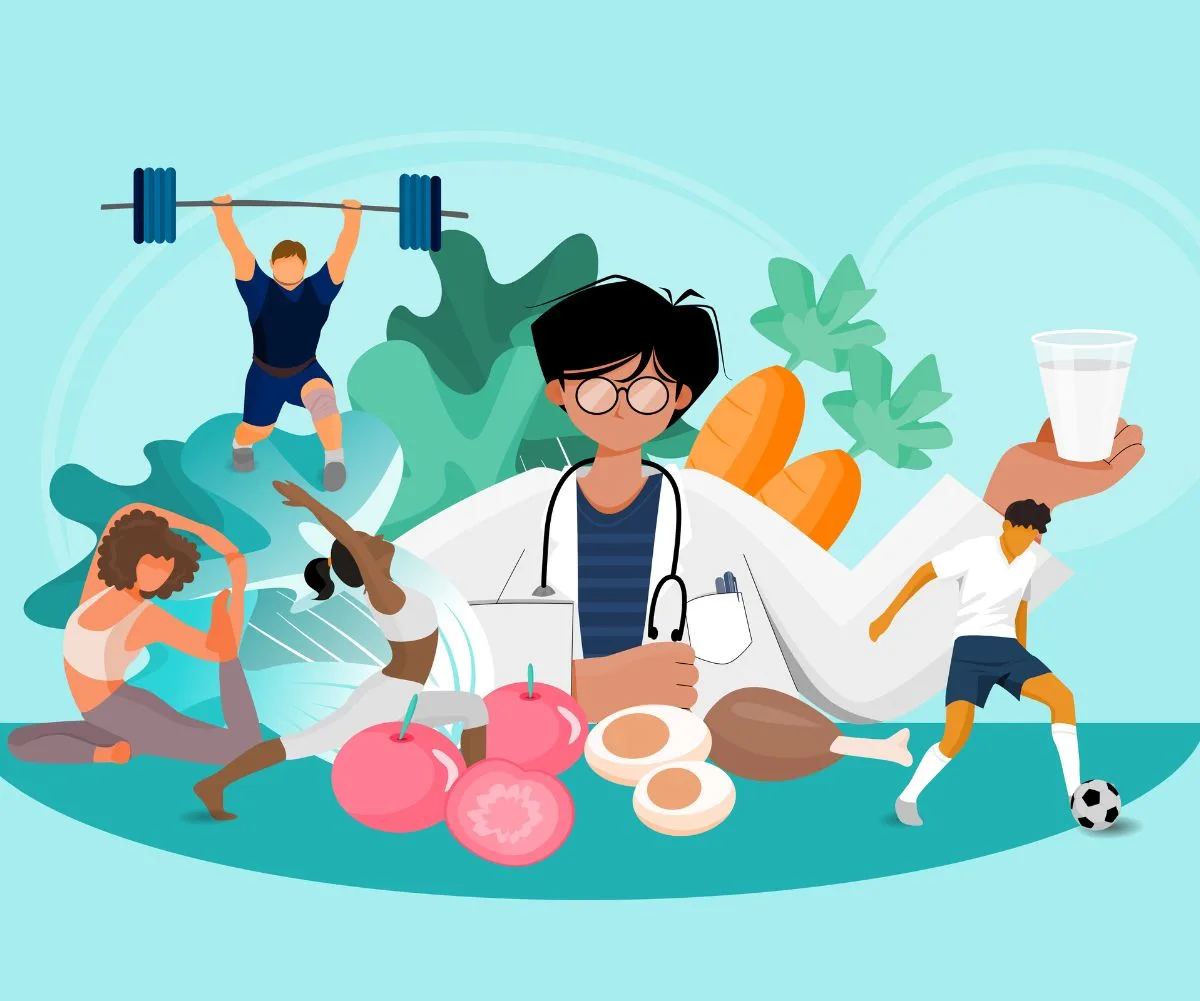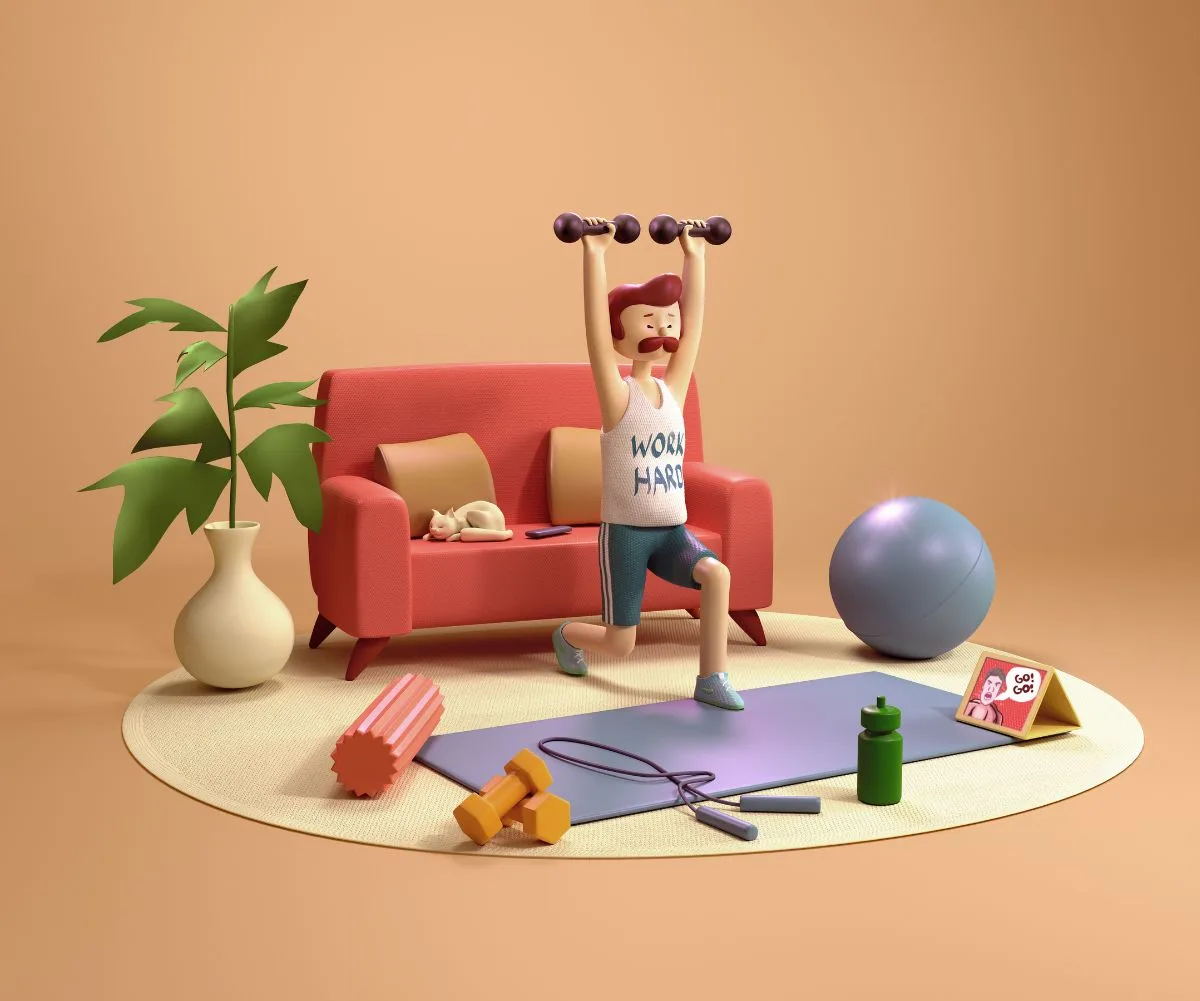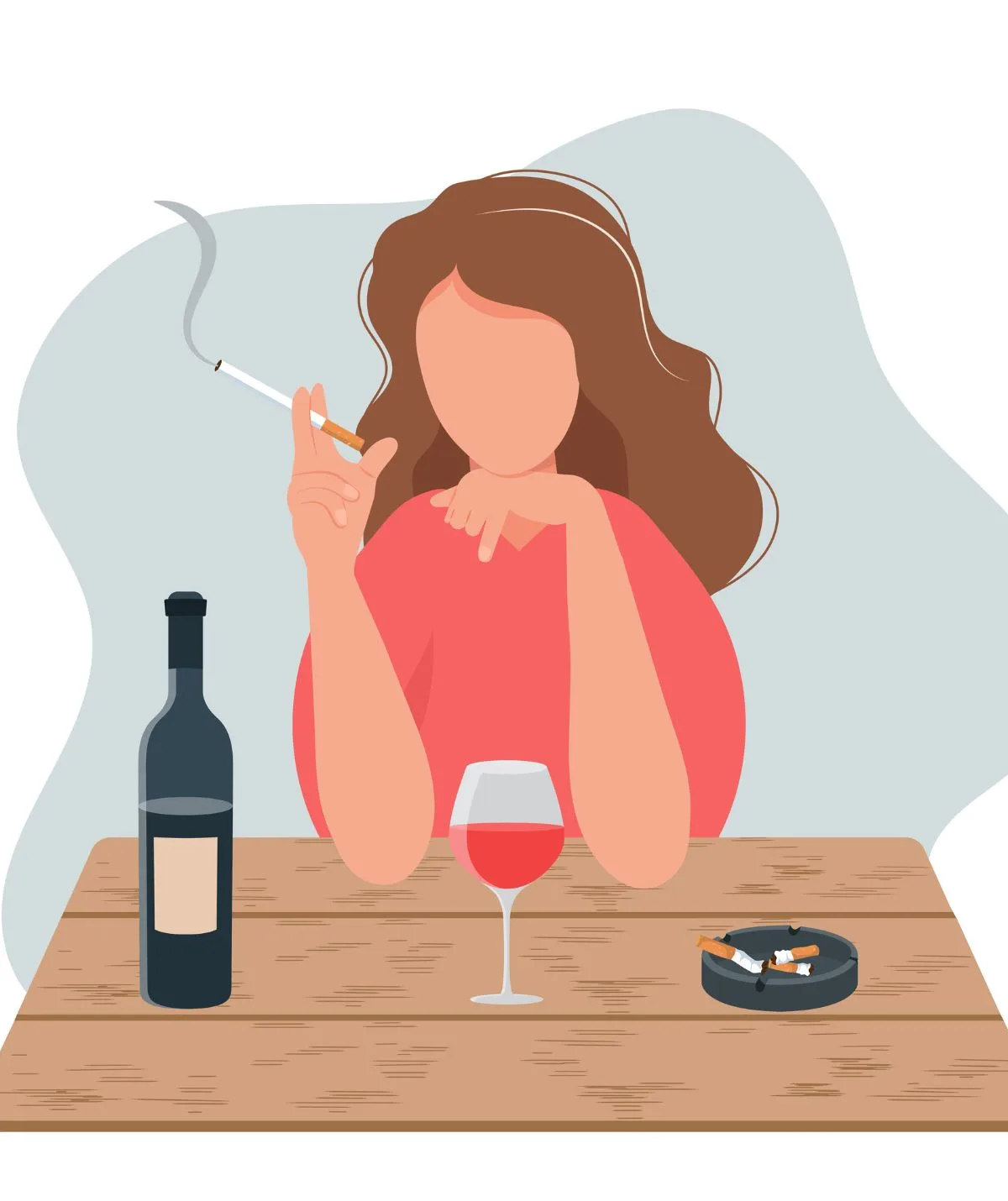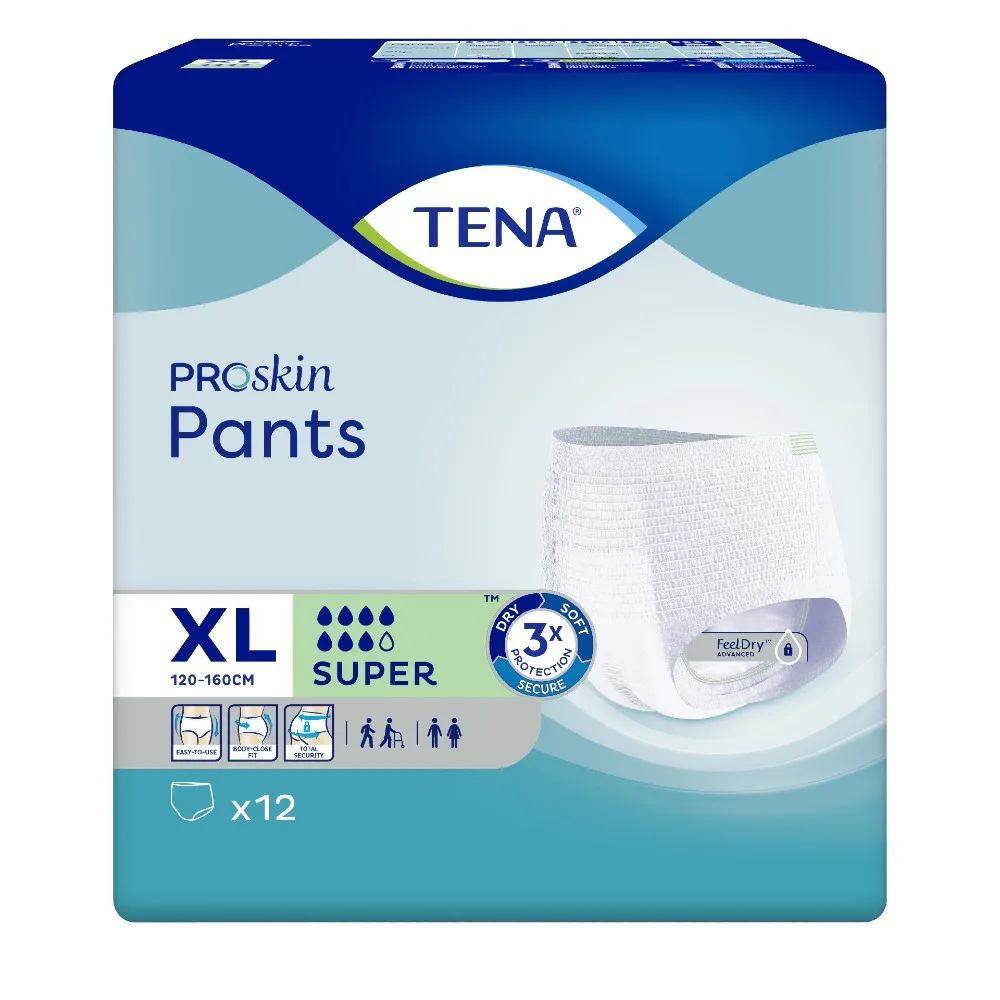What is high cholesterol?
We know to worry about high cholesterol, but what really is it? Cholesterol is a type of fat that is needed to build and repair cells in your body and to make hormones.
Now, the key distinction to make is that high cholesterol refers to high LDL cholesterol (low-density lipoprotein cholesterol) which increases the risk of heart attacks and strokes.
What are the symptoms of high cholesterol?
The unfortunate reality of high cholesterol is that it has no clear symptoms although two in five Australians live with it, according to The Heart Foundation. The good news, there are multiple ways you can start to lower your cholesterol.
We always advise that if you think you have high cholesterol, speak to a medical professional as they need to assess all your risk factors for cardiovascular disease and decide if medication is necessary.
Here are some lifestyle changes you can make that will help in your effort to lower your cholesterol and improve your heart health.

Lifestyle change: Diet
Cholesterol in our diet might only play a small part, but what we eat has a big role in how we manage our cholesterol levels.
To lower your cholesterol, reduce your intake of saturated fats and trans fats and replace them with healthy fats, and more soluble fibre.
But in reality, what do those foods look like? Here are some cholesterol-friendly meal and food ideas:
WATCH BELOW: One-pot sticky Chinese salmon
Breakfast
Oats: porridge, overnight oats, or try our muesli cup recipe
Nuts: specifically almonds, walnuts and peanuts are good for the heart.
Fruits: add apple, strawberry, and citrus fruits as a side to your morning oats as they are rich in pectin which is a soluble fibre.Avocado: Make sure to have some avocado with your eggs in the morning.
Lunch
Chickpeas, lentils, and baked beans are also great sources of soluble fibre. Try our Moroccan chickpea stew or perhaps an Indian-spiced lentil and pumpkin soup for lunch.Brussel Sprouts: I know, probably one of the worst vegetables! We promise once you try these Brussel sprout recipes you won’t be cringing at the mention of them.
Dinner
- Unsaturated fats: Fatty Fish! Make a salmon and rice bowl or perhaps our grilled fish with mango salsa
Lifestyle change: Exercise

Physical activity increases levels of HDL cholesterol (good cholesterol) which helps remove LDL cholesterol (bad cholesterol) from the blood.
The Australian Government of Health and Aged Care suggests adults should be doing around 2.5-5 hours of moderate exercise per week or 1.25-2.5 vigorous exercise.
This type of exercise makes your heart rate higher and makes you breathe more heavily.
If you aren’t a runner try out boxing, circuit training, or even an incline walk at a moderate pace; work with your doctor to figure out an exercise plan that suits you.
Aim to do resistance training such as weightlifting or your own body weight training at least twice a week as they are known to increase HDL cholesterol.
Lifestyle change: Alcohol intake & smoking

Alcohol increases your levels of triglycerides which along with LDL cholesterol can raise your risk of heart disease.
Limiting your intake doesn’t mean cutting out alcohol completely, limit yourself to 10 standard drinks per week.
Smoking reduces HDL cholesterol and increases the rate of fatty plaques forming in the walls of arteries making your blood more likely to clot.
Stopping smoking is one of the best things you can do for your heart and blood vessel health. Call Quitline 13 7848 to talk to someone about quitting smoking. Aboriginal Quitline is another option for Aboriginal and Torres Strait Islander people who smoke.
TENA Proskin Pants Super has advanced moisture-reducing technologies to ensure dryness, leakage security and odour control. Our unisex disposable pants are soft and comfortable making them perfect for daytime use.

RRP $39.59
Visit terrywhitechemmart.com.au
-(1).jpg?fit=900%2C553)

